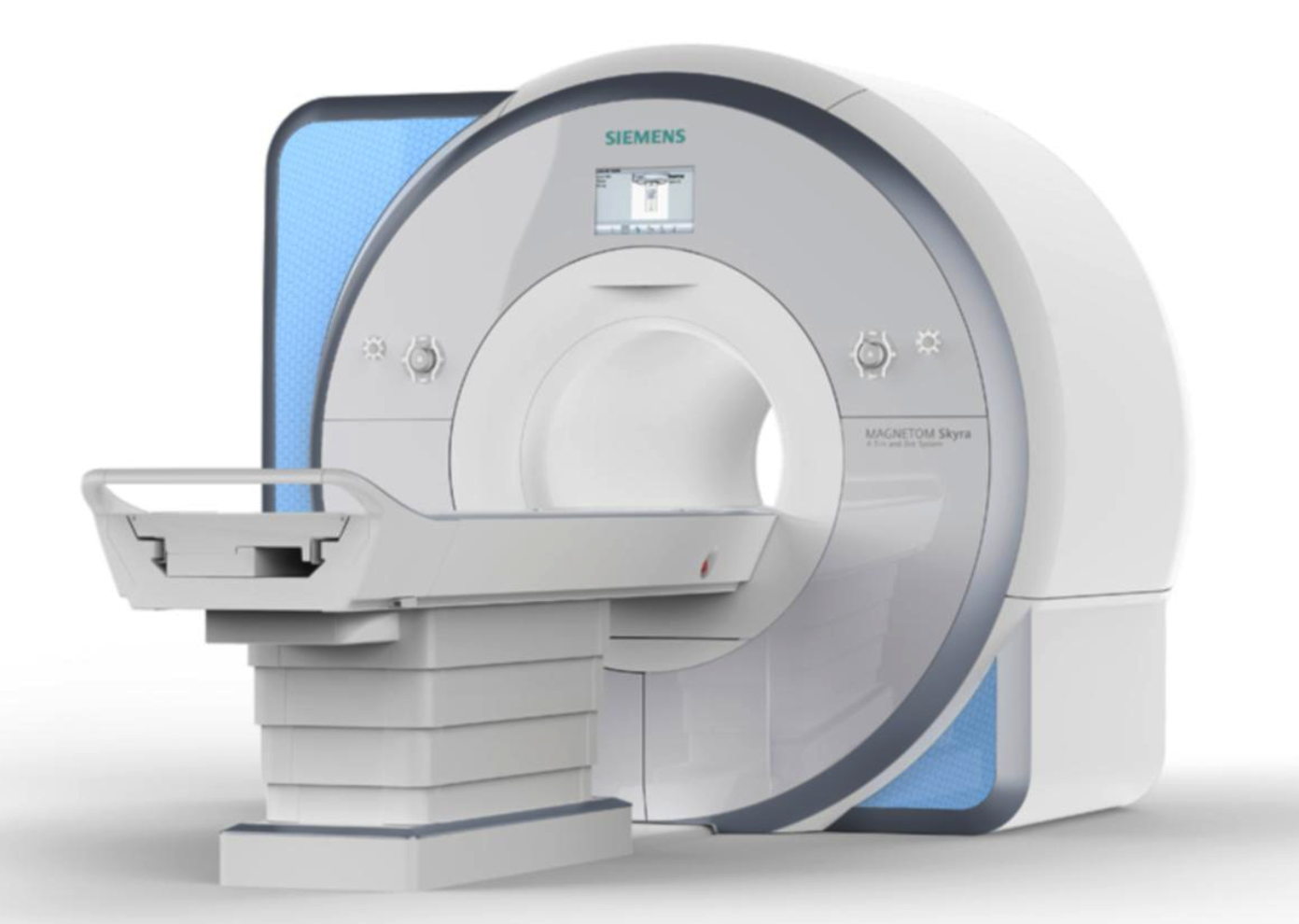Study Finds Preoperative MR Important for Spinal Cord Stimulation Treatment Planning

Spinal cord stimulators (SCSs) are useful in the treatment of chronic cervical, lumbar, and limb pain. Physicians implant electrodes in the space between the spinal cord and the vertebrae, which send mild electrical impulses to the nerves and can lessen or mask pain. However, the procedure can be risky. Although rare, neurologic injury or spinal cord injury are possible. Consequently, experts recommend using MR imaging first to identify the location of needle entry and lead placement. After this step, patients progress to an SCS trial before permanent implantation.
Physicians from Pittsburgh, PA, wanted to determine the usefulness of MRI in determining treatment plans. MRI is expensive and requires insurance preauthorization. One hypothesis was that patients with specific characteristics might have a greater benefit from the added step.
David Provenzano, MD, Esha Vaidya, and Jason Kilgore, PhD, conducted a retrospective review of patients over a nearly 10-year period and found that MRI did make a difference in enough cases to warrant its continued use. Out of 343 total patients, physicians needed to alter the technique for 15 (4.4%), and 10 patients (3%) did not progress to an SCS trial at all. MRI was more likely to influence trial progression and technique for patients with cervical pain compared with thoracic/lumbar pain. In addition, older patients were more likely to have moderate to severe cervical and lumbar stenosis, leading to treatment modification. Patients aged 60 and older were more likely to experience moderate-to-severe cervical stenosis, and patients aged 40 and older were more likely to experience moderate-to-severe lumbar stenosis, which impacted treatment plans.
According to the investigators, “This is the first large-scale study examining the influence of preprocedural MRIs on SCS percutaneous lead trial progression… Since limited patient characteristics were inclusive and associated with a greater risk of stenosis, all patient populations should be considered for preprocedural MRI to identify spinal pathology that may alter SCS percutaneous trials progression.”
The team will present its findings on November 10 during the 22nd Annual Pain Medicine Meeting in New Orleans, LA. Their abstract “Preoperative Magnetic Resonance Imaging Does Modify Spinal Cord Stimulator Trial Progression and Planning” was selected as one of three “Best of Meeting Abstracts.”
